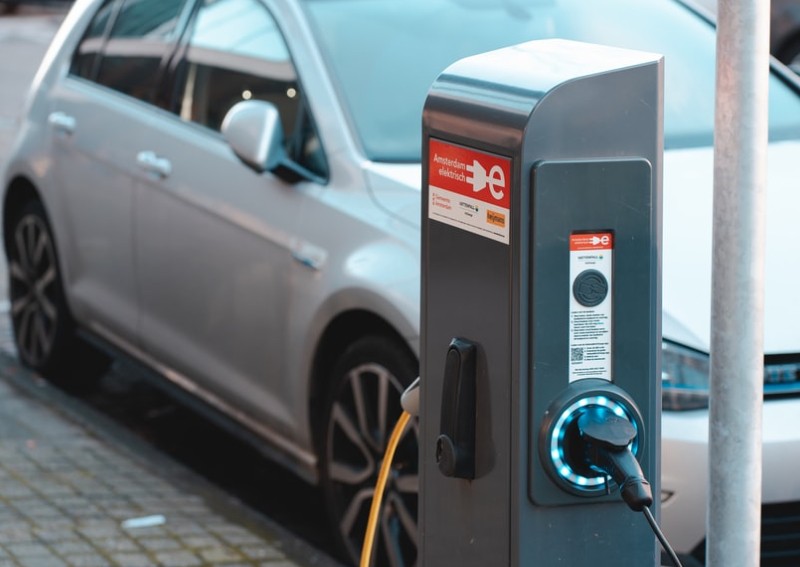Can you really save money if you switch to an electric vehicle?

Utilising renewable energy for propulsion is not only good for the environment, it also yields the end consumer a fairly decent saving over the current convention.
Undoubtly, the future of the automobile is electric - as the technology matures and advances, expect range and power figures of the EV to match, or surpass the fossil-fueled establishment. In fact, this change is already happening.
Range anxiety and charging woes have long been a glaring issue for those on the fence. But as it evolves to become the new norm, you'd expect solutions to these issues to fall into place naturally - think a rapid maturation of the charging infrastructure!
But this article isn't about the pros and the cons of EV ownership; all we really care about in this piece is - just how much dosh can one save by going electric?
In line with LTA's plan to have a fully-electric car population by 2040, the government has dangled the proverbial carrot to lure more into purchasing an EV. These take the form of generous government grants which include:
This scheme entitles the buyer to an ARF rebate of 45 per cent if the purchase is made from Jan 1, 2021 to Dec 31, 2023. This is capped at a maximum rebate of $20,000.
VES Rebates are calculated by a car's eco-friendliness. In essence, most EVs sit on the higher echelons of this scheme, scoring a grade of at least A2. For some context, A1-graded cars qualify for a $25,000 rebate.
Regardless of the rebates a car can enjoy, there is a minimum payable ARF fee of $5,000. However, from January 2022 to December 2023, the minimum ARF will be lowered to $0 for all-electric cars.
Combined, these three measures alone can save you close to $45,000. And the savings appear to keep on coming.
ALSO READ: Will buying an electric car save you money in the future?
You will get to enjoy the biggest savings in this facet is you have access to your own charging station at home, or at your office. At present, there are free charging points dotted about too, though for the three scenarios mentioned here, you'd struggle to add any usable range in a sensible time frame.
Ideally you'd leave your car plugged in overnight at a slow charger, topping off the pack without adding too much wear on the charging circuitry. In reality though, it is almost expected that owners will utilise a mixture of both slow and rapid charging to get the car to where they need it to be at.
As a trusted source of automotive news and reviews, we can tell you with some certainty that we typically put a week's worth of mileage on the various media cars that we bring out consistently. An average petrol press car will return a real world average of 12km/l, consuming around $70 worth of petrol in the process (before any credit card rebates!).
Most modern EVs do actually have enough usable range to cover the same distance on one full charge, which will cost around $20 max.
But it isn't all a bed of roses if you're going electric though. There are additional costs that you'll be subject to, such as:
| Licensing Period | Annual Rate |
| Jan 1, 2021 to Dec 31, 2021 | $200 |
| Jan 1, 2022 to Dec 31, 2022 | $400 |
| Jan 1, 2023 onwards | $700 |
Currently, in the early adopter phase, drivers only incur a small fee of $200 in road tax, but they will be increased to $700 by 2023 as EVs becomes the new norm.
Therefore, the savings you enjoy now will get reduced subsequently.
To answer the question we posed at the start of the article - can you really save money switching to an EV? The short answer is yes. But there are other factors that will play a part in determining your total savings long term.
Heavy users are likely to enjoy the greatest costs savings, though battery degradation from repeated fast-charges is also something you have to take into account (replacement packs can post up to $10,000!).
Then again, with very little need for regular servicing, and with several malls still providing free charging services, you're like to still be able to save a pretty penny going electric!
This article was first published in Motorist.